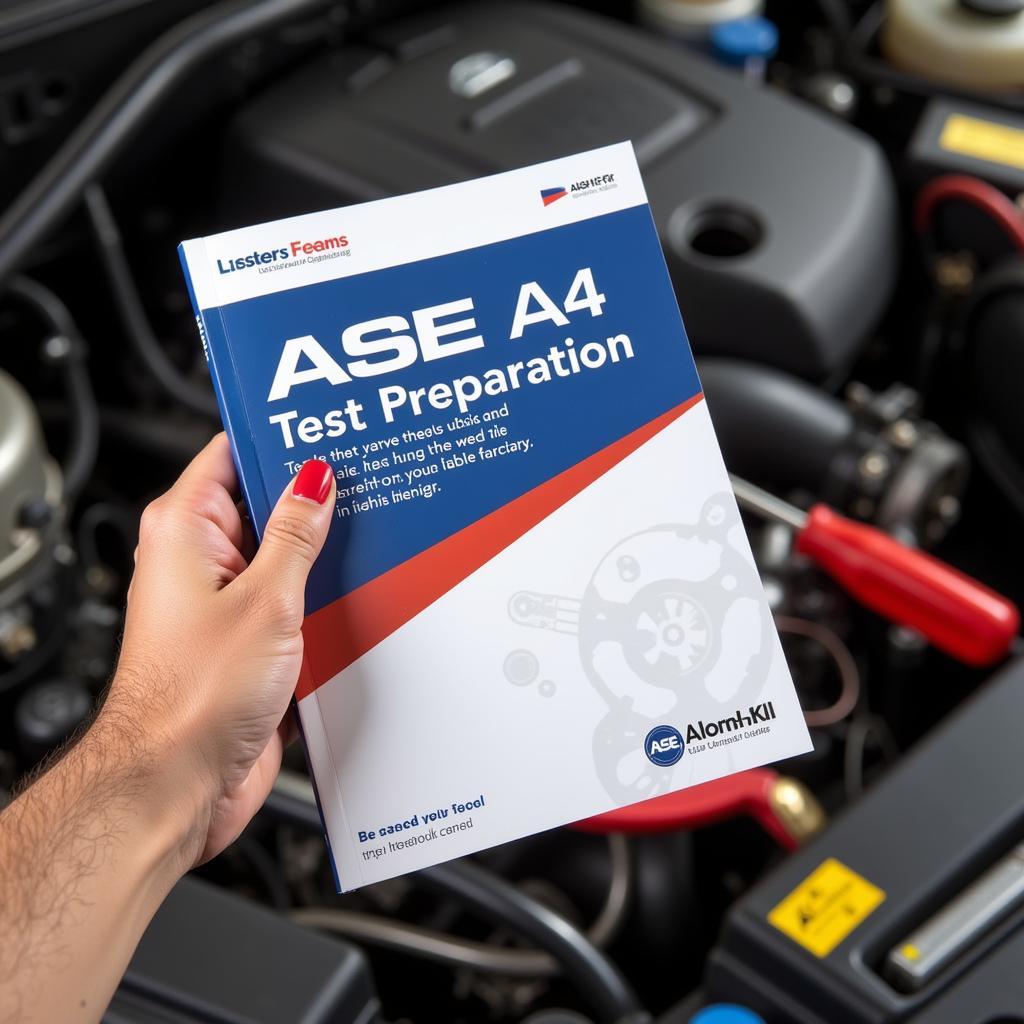The ASEAN TOC, or Table of Commitments, is a crucial element of the ASEAN Framework Agreement on Services (AFAS). It represents the commitments made by ASEAN member states to liberalize trade in services within the region. This article provides a deep dive into the ASEAN TOC, its importance, and its implications for businesses operating in Southeast Asia.
What is the ASEAN TOC?
The ASEAN TOC outlines specific service sectors where member states have agreed to reduce or eliminate restrictions on market access and national treatment. It’s a living document, meaning it is constantly being reviewed and updated to reflect the evolving needs of the ASEAN economy and global trade landscape. Understanding the ASEAN TOC is vital for businesses seeking to expand their operations within the ASEAN region.
Key Features of the ASEAN TOC
- Sector-Specific Commitments: The TOC covers a wide range of service sectors, including financial services, telecommunications, tourism, and professional services. Commitments vary by sector and member state.
- Market Access: Commitments focus on reducing or eliminating barriers to foreign service providers entering the market, such as limitations on foreign equity participation or restrictions on the number of service suppliers.
- National Treatment: Member states commit to treating foreign service providers no less favorably than their own domestic service providers once they have entered the market.
- Progressive Liberalization: The ASEAN TOC is designed to be progressively liberalized over time, with member states gradually making deeper commitments to open their service markets.
How Does the ASEAN TOC Benefit Businesses?
The ASEAN TOC provides several key benefits for businesses operating or looking to operate in Southeast Asia:
- Increased Market Access: The TOC reduces barriers to entry, allowing businesses to access a larger market of over 600 million consumers.
- Greater Predictability and Transparency: The commitments made by member states provide a more predictable and transparent regulatory environment, reducing uncertainty for businesses.
- Enhanced Competition: Increased competition drives innovation and efficiency, ultimately benefiting consumers and the wider ASEAN economy.
- Improved Investment Climate: The TOC contributes to a more favorable investment climate, attracting foreign investment and boosting economic growth.
Leveraging the ASEAN TOC for Business Expansion
Businesses can leverage the ASEAN TOC to expand their operations in Southeast Asia by:
- Understanding the specific commitments: Carefully analyze the TOC to identify opportunities in specific sectors and member states.
- Developing a market entry strategy: Develop a clear market entry strategy based on the commitments and regulatory landscape.
- Engaging with relevant stakeholders: Engage with government agencies, industry associations, and other stakeholders to navigate the regulatory process.
- Staying updated on changes to the TOC: The TOC is a dynamic document, so it’s crucial to stay informed about any updates or revisions.
The Future of the ASEAN TOC
The ASEAN TOC continues to evolve as member states deepen their commitments to liberalization. Negotiations are ongoing to expand the scope of the TOC and further reduce barriers to trade in services. The future of the ASEAN TOC is focused on creating a more integrated and seamless services market within the region, contributing to the overall economic integration of ASEAN.
“The ASEAN TOC is a critical instrument for driving economic growth and fostering regional integration in Southeast Asia,” says Dr. Amelia Wong, a leading expert on ASEAN trade policy. “It’s a living testament to the commitment of member states to create a more open and dynamic services market.”
Conclusion
The ASEAN TOC plays a vital role in promoting trade in services within the ASEAN region. By understanding the commitments and leveraging the opportunities presented by the TOC, businesses can successfully expand their operations in Southeast Asia and contribute to the region’s economic growth. The continued development of the ASEAN TOC will further strengthen regional integration and create a more dynamic and prosperous future for ASEAN.
FAQs
- What is the difference between market access and national treatment?
- How often is the ASEAN TOC updated?
- Which sectors are covered by the ASEAN TOC?
- Where can I find the latest version of the ASEAN TOC?
- How can I provide feedback on the ASEAN TOC?
- What are the future plans for the ASEAN TOC?
- How does the ASEAN TOC relate to other ASEAN agreements?
For support, contact us at Phone Number: 0369020373, Email: aseanmediadirectory@gmail.com or visit our office at Thon Ngoc Lien, Hiep Hoa, Bac Giang, Vietnam. We have a 24/7 customer service team.
